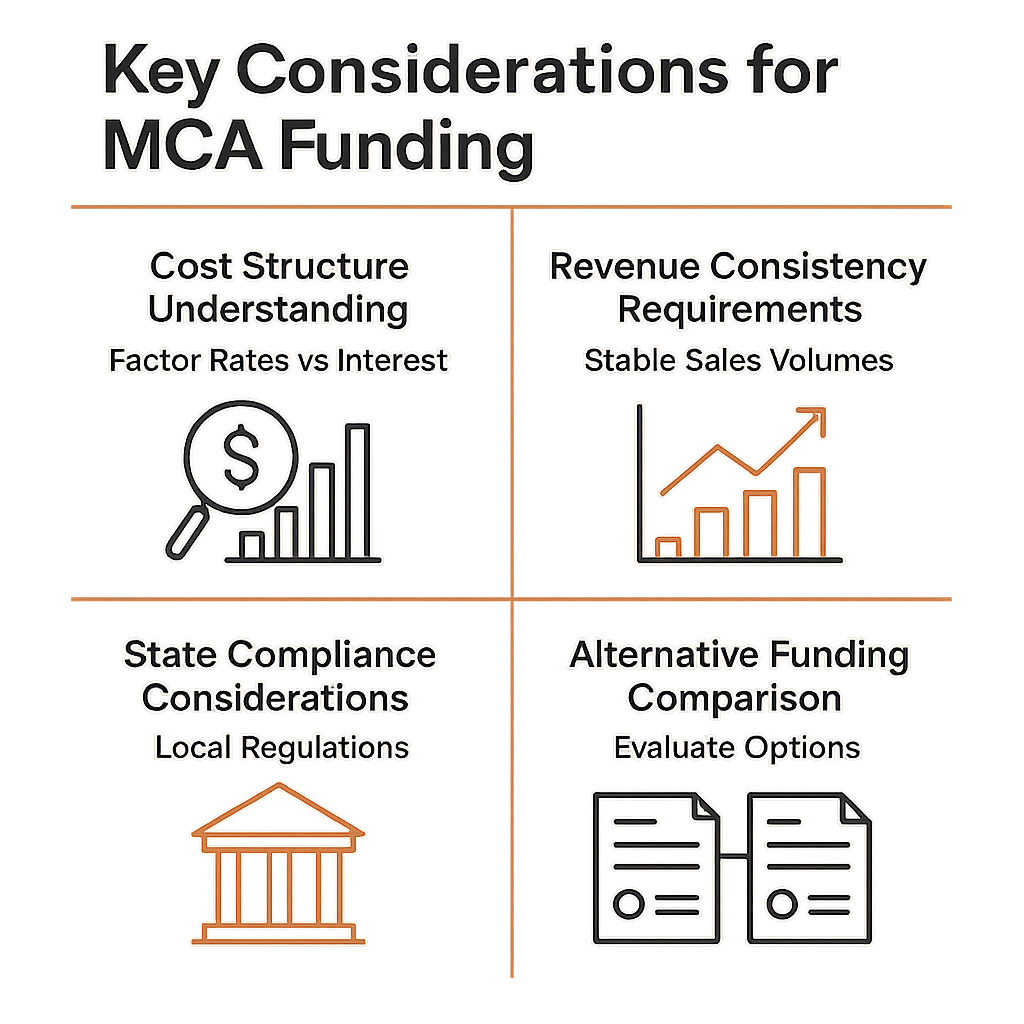Cash flow gaps can create serious challenges for small businesses, particularly when it comes to meeting payroll obligations. Using MCA to manage payroll gaps has become an increasingly popular solution for companies facing temporary revenue shortfalls. This funding option provides quick access to capital based on future credit card sales, helping businesses maintain staffing stability during difficult periods.
Why Payroll Gaps Happen and How MCAs Help
Payroll gaps typically occur when businesses experience seasonal fluctuations, delayed customer payments, or unexpected expenses that temporarily disrupt cash flow alignment. Traditional financing options may take weeks to process, leaving business owners scrambling to meet their payroll obligations on time.
Merchant cash advances offer a different approach to short-term payroll funding. Instead of requiring extensive documentation and collateral like traditional financing, MCAs provide immediate liquidity based on future credit card receivables. This makes them particularly attractive to businesses with limited collateral that need fast funding solutions.
The flexibility of MCAs in terms of requirements makes them a viable option for businesses that might not qualify for conventional financing. This accessibility can be crucial when avoiding late payroll issues becomes a priority for maintaining employee trust and business operations.
Modern MCA providers are increasingly using AI-powered risk assessment tools to improve underwriting processes. These technological advancements could help reduce default risks while maintaining the speed that makes MCAs appealing for urgent payroll needs.
Key Considerations Before Choosing MCA Funding

Before pursuing an MCA for payroll purposes, businesses should carefully evaluate several important factors that could impact their decision and long-term financial health.
- Cost structure understanding: MCAs typically involve factor rates rather than traditional interest rates, and the total cost can vary significantly based on how quickly you repay the advance through daily collections.
- Revenue consistency requirements: Since repayment occurs through a percentage of daily credit card sales, businesses need relatively stable card transaction volumes to manage the daily collections effectively.
- State compliance considerations: MCA regulations vary by state, with heightened enforcement in places like California and New York, making it essential to understand local legal requirements.
- Alternative funding comparison: Consider whether traditional payroll funding options might be available at lower costs, though MCAs may remain the better choice when speed and qualification requirements are priorities.
- Cash flow impact planning: Evaluate how daily collections will affect future cash flow and whether your business can handle the ongoing payment structure while maintaining operations.
Strategic Management of MCA Challenges
Successfully using MCAs for payroll gap management requires strategic awareness and careful planning to minimize potential disruptions to your business operations.
- Monitor daily collection impacts: Track how the daily percentage collections affect your available working capital and adjust operational spending accordingly to maintain smooth business flow.
- Maintain accurate sales projections: Keep realistic forecasts of credit card sales volumes to ensure you can comfortably handle the repayment structure without straining cash flow.
- Stay informed about regulations: Keep updated on state-specific MCA regulations to ensure compliant use for payroll funding and avoid unexpected legal complications.
- Plan for repayment completion: Develop a clear timeline for when the advance will be fully repaid and how this will improve your cash flow position moving forward.
Awareness and strategic management of MCA challenges can help ensure that payroll disruptions are minimized while you address underlying cash flow challenges. The key is treating MCAs as a short-term solution while working on longer-term financial stability.
Merchant cash advances can serve as an effective tool for managing payroll gaps when used strategically and with full understanding of their implications. While they may not be suitable for every situation, MCAs offer speed and accessibility that traditional financing often cannot match during urgent cash flow challenges. By carefully evaluating the costs, understanding the repayment structure, and maintaining compliance with local regulations, businesses can leverage MCAs to maintain staffing stability while working toward long-term financial health.

.png)

.svg)





